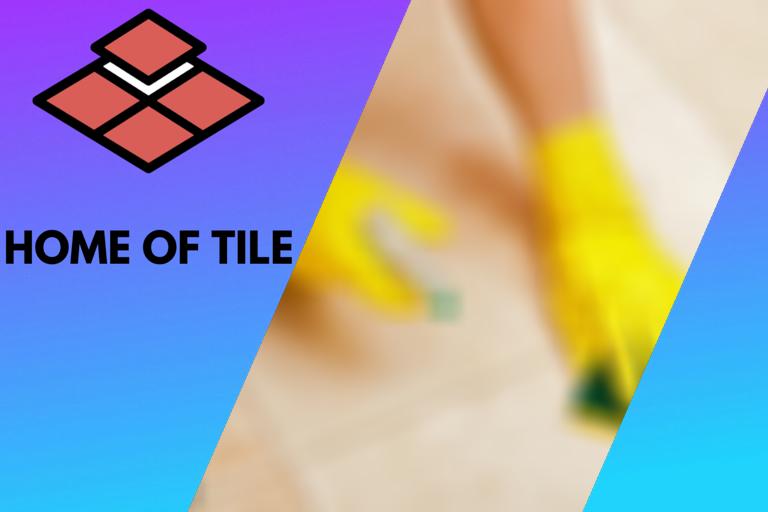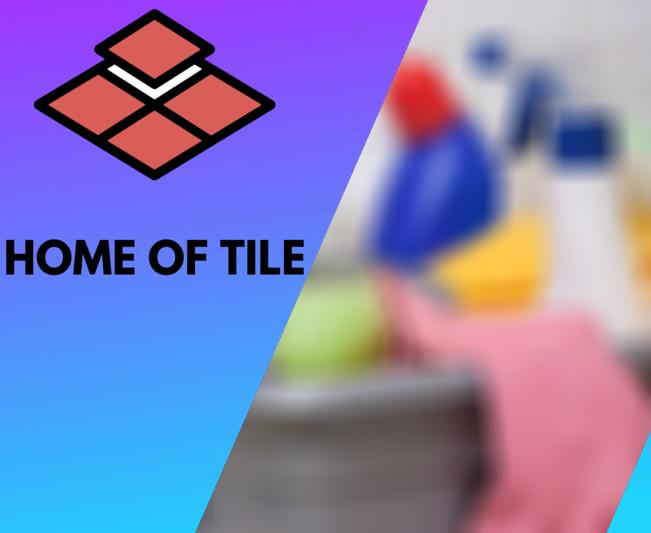What Type of Grout Sealer To Use in a Shower? What pros say
So you’ve just had new tile installed in your bathroom, and the grout has been laid and cured. Now all that’s left to do is to seal the grout, but there are a million different grout sealers out there that all claim to be the best.
The best type of grout sealer for a shower is any solvent-based grout sealer. Solvent-based sealers penetrate deeper into the grout creating a more robust seal and protection from stains. The solvent-based sealers also will not discolor your tiles at all.

In the paragraphs below, I’ll go into further detail about why solvent-based sealers work so well for showers. I’ll explain why water-based sealers are insufficient and why you need to seal the grout in your bathroom in the first place.
Contents
Solvent-Based Sealers
Solvent-based sealers are the superior choice because of their ability to penetrate the grout. Grout is porous, but not all materials can get into those pores as effectively as needed to create a strong seal.
Solvent-based sealers can get deep into the grout and create a solid waterproof seal that will be durable and last a long time. The longevity of solvent-based sealers is much longer than any other type of sealer.
Solvent-based sealers are so good at penetrating surfaces that they can penetrate tiles or stone. The ability to penetrate deeply is why they are best used in showers. They work great on surfaces like porcelain, granite, and marble.
Sealers that are solvent-based penetrate surfaces quickly and get deep into any dense surface, filling any microscopic pores. This deep penetration means that a surface treated with a solvent-based grout sealer will dry much faster than a surface treated with a water-based sealer.
Solvent-based sealers will work well on nearly any dense stone surface and seal it efficiently. That versatility is why industry experts agree that solvent-based sealers are the best for areas with lots of exposure to water, like showers.
These types of sealers are popular because of the robust seals they create and because the seals created by solvent-based sealers are much more durable than those made using water-based sealers.
They produce these high-quality seals due to the superior penetrating power of solvent-based grout sealers. They can get deep into surfaces and create a deep-seated seal that will stand up to the wear and tear of everyday use.
Solvent-based sealers can seep deeply into dense materials like stone and tile pores because they are made of hazardous chemicals. It would be best to be extremely cautious when using a solvent-based sealer.
You should ensure there will be no children or animals in your work area and ensure the work area is well ventilated. You should wear gloves, long pants, long sleeves, and respirators. You can also add goggles to protect your eyes.
Solvent-based sealers require a lot of care when applying them, but this is worth it in the long run due to their ability to penetrate deep into any dense material and creates a strong, long-lasting waterproof seal that is resistant to stains.
Water-Based Sealers
A water-based sealer is much what it sounds like. Instead of a chemical base, it uses a water base that is not as good at penetrating surfaces because it is simply not as abrasive as the chemicals in solvent-based sealers.
The lack of abrasiveness in these types of sealers results in a sealer that takes much longer to penetrate surfaces and thus takes much longer to dry. Water-based sealers soak into surfaces, whereas solvent-based sealers penetrate the surface’s pores.
Water-based sealers can be used on grout because of the very porous nature of grout, but it still won’t be a seal that is as deeply seated and strong as a waterproof seal created by a solvent-based sealer.
One of the most significant disadvantages of water-based sealers is the amount of time it takes for them to dry. Solvent-based sealers dry much faster, allowing you to work quickly and move on to other projects rapidly.
For many, the extra wait time involved in using a water-based sealer is the dealbreaker. But for many others, it is the fact that since the water-based sealer isn’t going to penetrate as deep, the seal won’t be as good or last as long.
These negative aspects of water-based sealers have made solvent-based sealers the industry favorite among experts and amateur DIYers. It is the more efficient product both in terms of time consumption and having to re-apply.
Why Do You Need To Seal the Grout in Your Shower?
Showers require a grout sealer treatment because of the heavy amount of water the grout will be exposed to. Grout is often made with sand and is very porous. Being made of that material means it will quickly absorb moisture if left unsealed.
Unsealed grout in a shower will result in mold, mildew, and possible water damage to your home. Sealing the grout in your shower is an easy task that is one hundred percent necessary to crafting a well-functioning and clean shower.
If water is allowed to penetrate the grout, mold spores will grow in the pores of and behind the grout, where it will be nearly impossible to reach. Allowing this moisture in and letting it develop into the mold will result in a highly unsanitary and dangerous shower environment.
Sealing the grout in your shower is always necessary. The only situation where you will not need to seal your grout is if you use epoxy grout. This grout naturally repels water and does not need to be sealed.
Conclusion
The best grout sealer for a shower is a solvent-based sealer. These are the best types of grout sealers to use because solvent-based sealers can penetrate surfaces deeply, creating a more secure and longer-lasting seal. Solvent-based sealers can penetrate dense surfaces because they are made of harsh chemicals.
The presence of these harsh chemicals means that you should handle any solvent-based sealer with extreme care and use proper personal protective equipment at all times when handling or using any solvent-based sealer.







